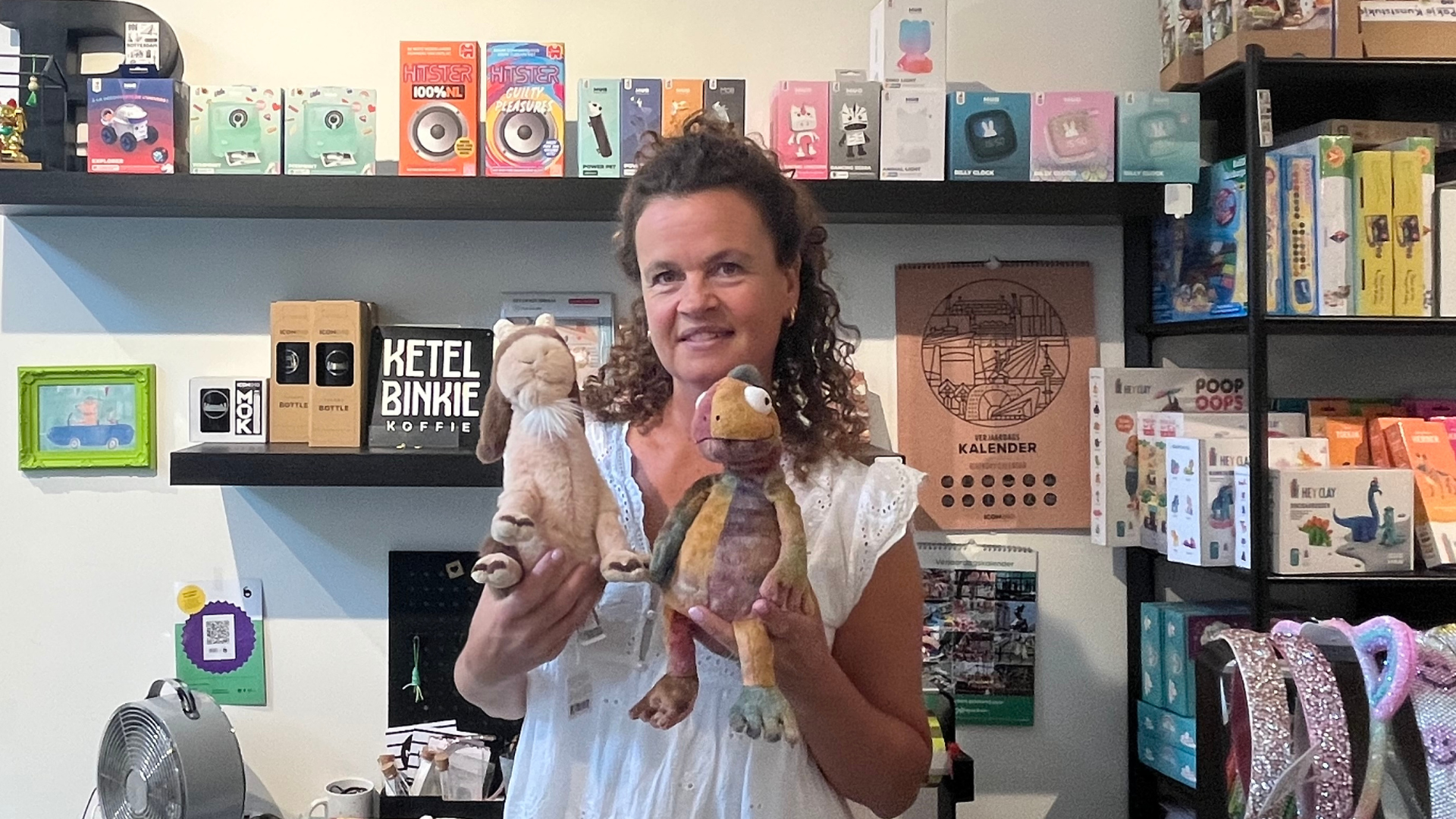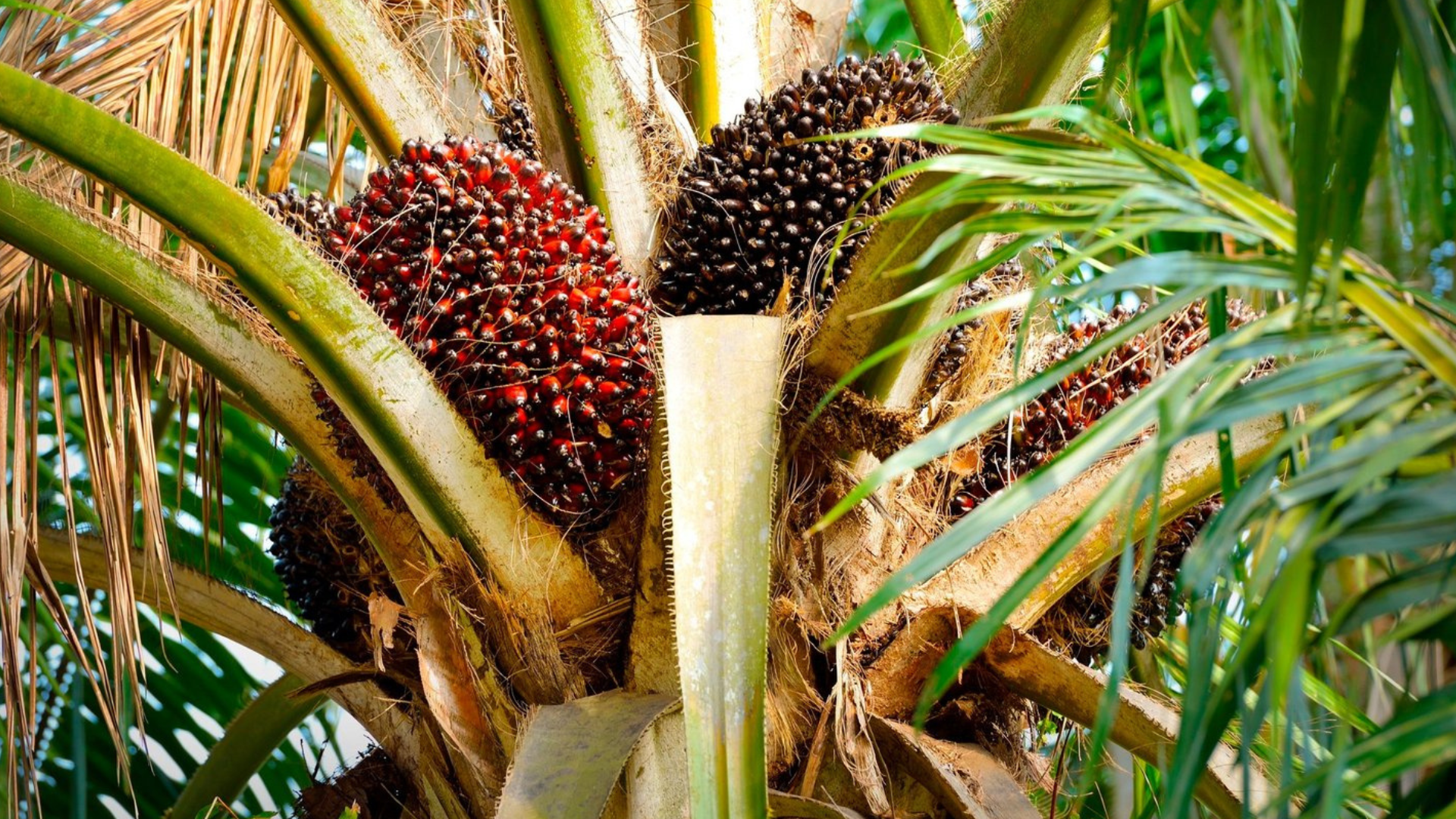From fiction to non-fiction, from audiobooks to hardcovers, from offline to reading books online, and from children’s books to cookbooks. There are a lot of different kinds of reading material about the environment available. That is, of course, a good thing since it allows all audiences to read and learn about the environment. However, it can also be very overwhelming, because where should you start?
At Byewaste, we care a lot about the environment. That is why we try to read about the topic as much as possible. In this article, you will find the favourite reading materials of our team. Do you prefer watching a movie? We got you covered! In this article, you can find six interesting documentaries about waste.
In this article, we will cover the following reading materials:
- The Uninhabitable Earth – David Wallace-Wells
- The Intersectional Environmentalist – Leah Thomas
- Losing Earth: A Recent History – Nathaniel Rich
- The Lorax – Dr. Seuss
- One: Pot, Pan, Planet – Anna Jones
Can’t find your own favourite in the list? Don’t hesitate to reach out to us! We would love to hear about your suggestions.
1. The Uninhabitable Earth
- David Wallace-Wells
This non-fiction book has already opened the eyes of many people. The book takes you to the near-future and addresses several topics such as the effect of global warming on global politics, the meaning of technology and nature in the modern world, and the sustainability of capitalism.
It is therefore not surprising that many reviews contain the words “horror”, “terrifying”, and “terrible”. But even less surprising is the fact that this book is a true bestseller.
2. The Intersectional Environmentalist
- Leah Thomas

In this book, Leah Thomas describes the important relationships between climate activism, privilege, and racism. She promotes the awareness of the fact that we can’t save the planet while ignoring the voices of those who are a minority, as they are also the ones who are affected the most by climate change.
This book is therefore not only a call to action, but it also teaches you how to work towards a positive change for everyone, not only those who are equipped with money, power, and privilege.
3. Losing Earth: A Recent History
- Nathaniel Rich

Nathaniel Rich takes you back to the 80’s, when humankind developed a better understanding of the causes and dangers of climate change.
This decade also marks the birth of climate deniers and the fossil fuel industry trying to combat the upcoming climate policies by spreading misinformation and by using political influences. This book travels through that decade and takes you up to this very day where we’re fighting with the failures of the past.
Losing Earth isn’t only available as hardcover and audiobook, the story is also available on the New York Times’ site, where it is enriched with videos and pictures. That is perfect if you love reading books online!
4. The Lorax
-Dr. Seuss
This children’s book was made into a movie and is already more than 50 years old! It was way ahead of its time. Protagonist Ted has feelings for Audrey, who dreams of seeing a real tree, since she lives in a city where nature has been completely demolished. Ted will do everything to win over Audrey, including trying to find the last seed in no man’s land outside of the city borders. During his mission, he meets the Once-ler, the instigator of all of this misery.
Just like every other Dr. Seuss’ book, the Lorax is also completely written in rhyme and raises in this way the downsides of always wanting more. This children’s book ends on a hopeful note, something we can all use from time to time!
To add to that: you can read a lot of the Dr. Seuss books online. That way you will keep yourself and the kids entertained.
5. One: Pot, Pan, Planet
- Anna Jones

Last but not least, we want to share this cookbook. It is filled with over 200 delicious recipes and teaches you how to prepare them in an environmentally-friendly and sustainable way.
There are also 100 recipes that are meant to help you cook any amount of your most used vegetables and it gives you some ideas on how to use food that gets thrown away the most.
Good for you, your wallet, and the planet!
Have you read any of these books yourself, or would you like to suggest some other ones that we should look into? Please let us know!






.png)


